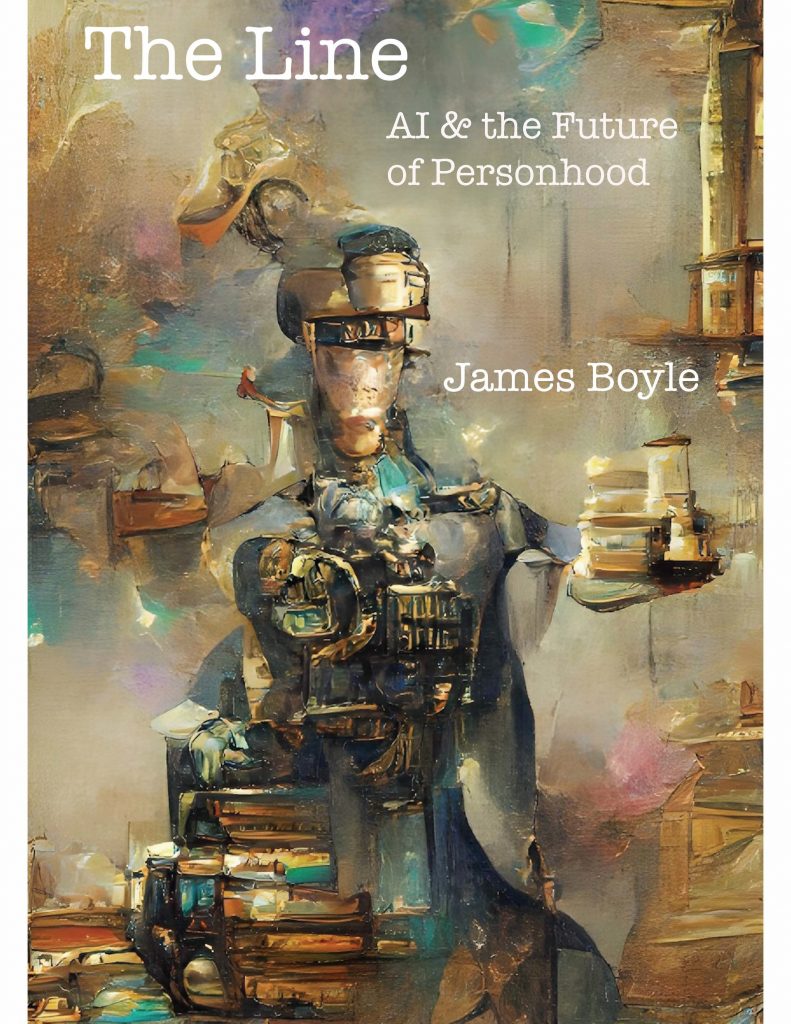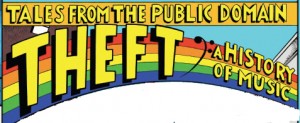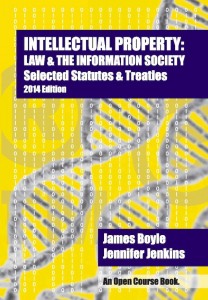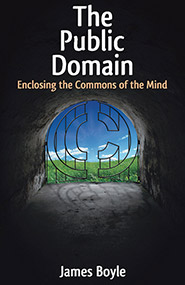My new FT column is up. Shakespeare, copyright, Scott Turow and a shadowy group of law professors.. What could be more fun? Ungated version after the jump.
Scott Turow is an author. I am extremely partial to his work. Presumed Innocent is as classic a murder mystery centered on a trial as one could wish. As far back as Mr Turow’s precocious account of his first year at Harvard Law School, One L, flashes of the talent to come were on display.
Like Mr Turow, I have a law degree from Harvard Law School and, also like him, I derive a chunk of my income from advances, royalties and fees for copyrighted books and articles. Unfortunately, the size of the chunk is proportional to the difference in our talents, but I can assure you that I feel no less benign towards that income stream, particularly when the college tuition bills come in; it’s a warm, almost paternal feeling. More importantly, as an academic who teaches copyright law, I spend a great deal of time thinking about the conditions of creativity and cultural access in our society.
Mr Turow also wears another hat, as president of the Authors Guild, and it was in that capacity that he and two others recently wrote an op ed in the New York Times called “Would the Bard Have Survived the Web?”. In my role as both author and academic, this seemed right up my street. I read the article with great interest and then with mounting confusion. The argument is a little tangled but in effect it analogises the walls of Elizabethan theatres (and the doorkeepers who stood outside those walls, demanding payment from theatregoers) to the restrictions on access provided by copyright law. Just as Shakespeare depended on his cultural paywalls, so our cultural creators depend on copyright law. But copyright is under threat, it seems, both from the technology of the internet itself and from a group of miscreants I will get to in a second. The article describes the eventual destruction of Shakespeare’s theatre by a repressive state that wanted to silence the dramatists, and analogises that suppression to the effects of the internet on commercial authors’ speech today. It concludes by wondering whether Shakespeare, and Elizabethan playwrights in general, would have survived the web. The authors give a passing plug to Senate hearings which appear to be devoted to reviving a bill called Combating Online Infringements and Counterfeits Act (COICA), which would let the government shut down websites around the world if they are accused of having illicitly copied content on them. After all, Shakespeare needs our help.
The argument is so strange it is hard to know where to begin. The problem is not simply that Shakespeare flourished without copyright protection for his work. It is that he made liberal use of the work of others in his own plays in ways that would today almost certainly generate a lawsuit. Like many readers, I found myself wondering whether Shakespeare would have survived copyright, never mind the web. Certainly, the dense interplay of unidentified quotation, paraphrase and plot lifting that characterizes much of Elizabethan theatre would have been very different; imagine what jazz would sound like if musicians had to pay for every fragment of another tune they work into a solo.
The Internet was not the only danger discussed in Mr Turow’s article. Somewhat jarringly, the second threat comes from a shadowy group of “law professors” who have a theory that if “we severely weaken copyright protections, innovation will truly flourish”. My interest is always piqued when a group of unidentified villains with vaguely described plans for evil appears in a narrative. (What did SMERSH and SPECTRE want to dominate the world for?) But in this case I was particularly fascinated because I think I am supposed to be a member of this group. I’ve written a book called The Public Domain which urges us to pay attention not just to copyright’s incentives, but to the balance between incentives on the one hand and the resources of a vigorous public domain on the other – the broad sweep of ideas, facts, formulae and genres that is as free as air for common use; the raw material with which the creator works. Like Larry Lessig, the most prominent public voice on these issues, I have taken supposedly “radical” positions: for instance, that retrospectively extending copyright law for dead authors probably won’t spur a burst of creativity from Hollywood’s graveyards, or that requiring licensing of the tiniest fragment of a tune accidentally caught in the filming of a documentary will not actually “promote the progress” of science or the documentary arts. But of course these arguments, and others like them, are not radical and would not “severely weaken” copyright protection. What they would do is ask us to look long and hard before we extend copyright protections still further, as we have been doing for more than half a century. There are empirically verifiable costs to those extensions, such as the tragic effects on retrospective copyright extensions on “orphan” and commercially unavailable works in our national archives. In order to convey a benefit on a 1 or 2% of long-lived commercially successful work, we have effectively locked up the remaining 98%, even though this provides no benefit to anyone.
But the height of irony comes when Mr Turow and his co-authors casually condemn the actions of a repressive 17th century government that was able to shut down the Globe Theatre without being hampered by the free speech guarantees or procedural protections we take for granted today. Ironically, the reason that the shadowy group of “law professors” is highly sceptical about plans such as the COICA Bill, is exactly because they would give the US government power to shut down sites around the world, without a trial, even if there is legitimate speech as well as infringing material on those sites. Not only would this be a pretty clear violation of the First Amendment, it would be an astoundingly dangerous precedent for the US to set to the authoritarian governments of the world. “We shut down websites without adequate procedural protections too! And we try and shut them down worldwide, even if they are legal in their own countries!” I am sure there are a number of nervous authoritarian regimes in the Middle East who think such a plan is an excellent one.
We already have copyright laws. Strong ones. If sites appear to be hosting illicit content, by all means let us bring them to trial and decide the issue before a judge. COICA’s unfettered power would actually be very attractive to a repressive Elizabethan regime transposed to the internet age. Mr Turow’s tangled analogy leads him in a very different, and more disturbing, direction than he imagines.
James Boyle is William Neal Reynolds Professor of Law at Duke Law School and the author of ‘The Public Domain: Enclosing the Commons of the Mind’.
The nice folk at the Financial Times, where I write a column, have an enlightened attitude towards copyright. When they arranged for me to be a columnist, they agreed to let me keep the copyright and to make articles available under a Creative Commons license. This is one of my recent columns for the FT. If you find it of interest, you might want to reward them by checking out https://www.ft.com/techforum There is lots more there.









[…] Presumed Guilty […]